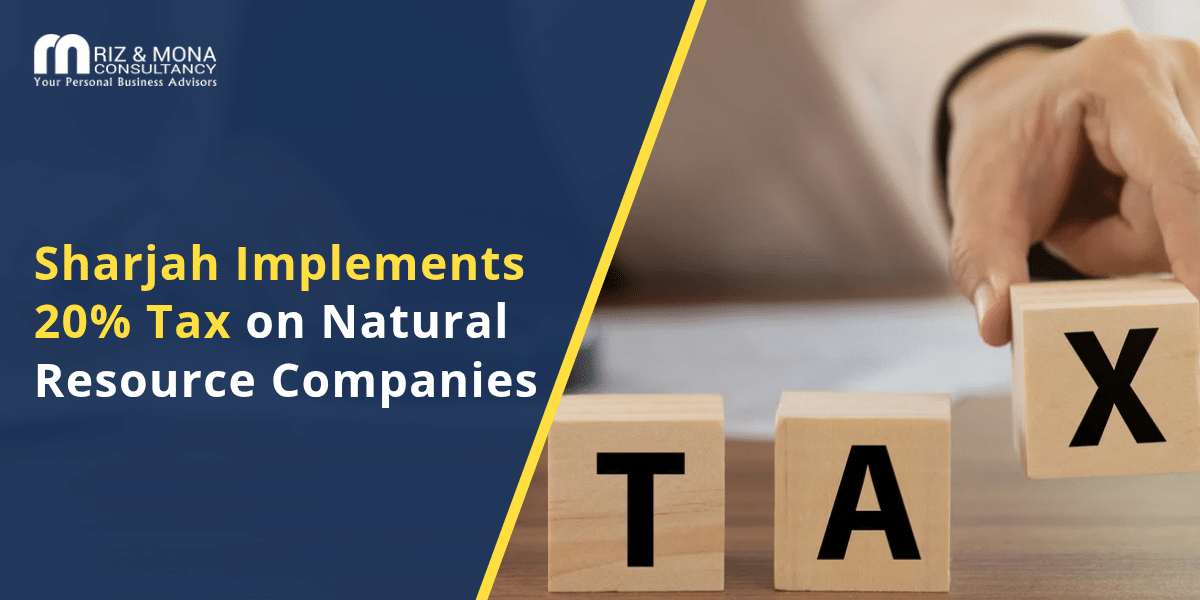His Highness Sheikh Dr. Sultan bin Mohammed Al Qasimi, Supreme Council Member and Ruler of Sharjah, has signed a new law introducing a 20% corporate tax on businesses involved in extractive and non-extractive natural resources. The initiative aims to strengthen fiscal management and ensure compliance within the emirate’s resource sectors.
Extractive companies engaged in oil, gas, and mineral extraction will be subject to a 20% tax on taxable earnings, as determined by agreements with the Sharjah Oil Department. Tax calculations will be based on a company’s share of produced resources, including oil and gas revenues, royalties, and profit-sharing terms. Additional financial obligations such as royalties, bonuses, and concession fees will be set according to agreements between companies and the Oil Department.
Non-extractive companies involved in refining, processing, storing, transporting, or marketing natural resources will also be taxed at 20% on net taxable profits. Businesses may deduct asset depreciation at a 20% annual rate if their accounting practices align with international financial reporting standards. Tax losses can be carried forward indefinitely to offset future taxable income.
Tax compliance is mandatory, and companies must adhere to strict payment deadlines. Extractive firms are required to submit tax payments directly to the Sharjah Oil Department, while non-extractive companies must pay their taxes to the Finance Department no later than nine months after the fiscal year ends. Late payments will result in a 1% penalty per month on the unpaid tax amount. Companies that fail audits will have 15 days to settle outstanding amounts before an additional 2% monthly penalty is applied. Tax evasion or deliberate misreporting will result in a 5% fine on the total due tax.
Compliance, Audits, and Economic Impact
The Finance Department has the authority to audit company financials and tax records. Audit results become legally binding 15 days after notification, and businesses disputing their tax assessments must file objections within 20 days. A Tax Appeals Committee comprising finance experts will review appeals and issue final decisions within 15 days. If an appeal is unsuccessful, companies must clear their tax liabilities within 20 days to avoid further penalties.
To renew business licenses and concession rights, tax compliance is essential. Companies must retain financial records for seven years to ensure transparency, and businesses undergoing liquidation must submit a final tax declaration within 90 days of ceasing operations. The Finance and Oil Departments will maintain strict confidentiality of corporate tax records.
This new tax law is a significant policy shift aimed at strengthening Sharjah’s financial governance. It aligns with the UAE’s ongoing corporate tax reforms, ensuring businesses contribute fairly to the emirate’s economy while maintaining a business-friendly environment. Companies must adapt to the new regulations to avoid penalties and ensure uninterrupted operations. For official details and compliance guidelines, businesses can refer to the Sharjah Oil Department and Sharjah Finance Department.







